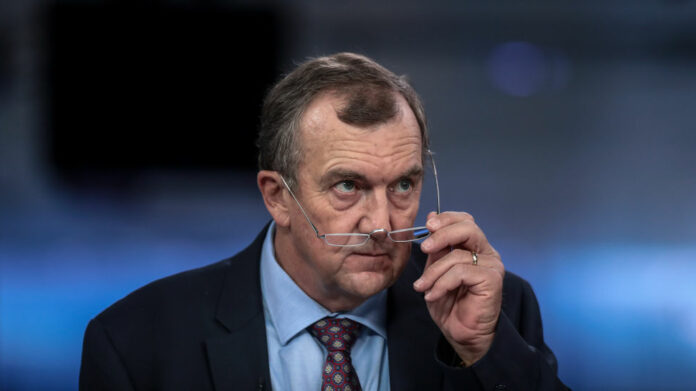
THE West had to show more resiliance supporting nations in conflict if it was to secure the minerals demanded of the current commodities supercycle.
This is the view of Mark Bristow, CEO of Barrick Gold who said that violence in Sudan was unlikely to get “out of control” because Saudi Arabia was committed to intervention.
“The western world has a habit of when something doesn’t work you want to leave,” Bristow said in an interview last week. “This is a time in history when the West has to show commitment to support the process of finding the right civilian government.”
West Africa has been ridden with conflict in the last five years with two military coups in Mali and Burkina Faso each and another in Guinea. Last month, fighting broke out between the Sudanese army and the paramilitary organisation Rapid Support Forces.
Bristow’s comments come several months after France finally withdrew military support from Burkina Faso where jihadist groups have waged a campaign of terrorism on civilians. The Burkinese government asked for France to withdraw.
Commenting on the progress of the military junta in Mali to transfer power to a democratically elected government, Bristow said previous adminisrations had been corrupt, adding: “And they were civilian”.
“It is the same in Guinea and Burkina Faso,” he said of civil conflict. “It is a global issue as well as a continental challenge, and Sudan is the same thing. It won’t get too far out of control in Sudan. It is a tragedy but the Saudis are there and they are not as hesitant as the western world”.
“That is mining around the world and wherever you are. It calls on a commitment and real personal partnership in a company sense.”
Barrick has geographically diverse operations including the mines in Mali, Tanzania, the Congo as well as Papua New Guinea, Argentina and a new project in Pakistan.
Given the range of production, and a project pipeline hard-coding in resource replacement over the next ten years, Bristow said Barrick “had the luxury” of walking from merger and acquisitions that didn’t make “absolute sense”.
“That is not to say we’re not interested in M&A, but we choose it based on strategic imperatives driven by sustainable profitability rather than production.
“There are some big companies doing M&A because no-one has invested in exploration. We have got growing demand and higher commodity prices because we are in that next phase of the supercycle where you get inflation and money becomes expensive,” he said.
“These supercycles are common. This one is just a bit messy because it is overlaid with globalisation, ESG and a shift to nationalism,” he said.











